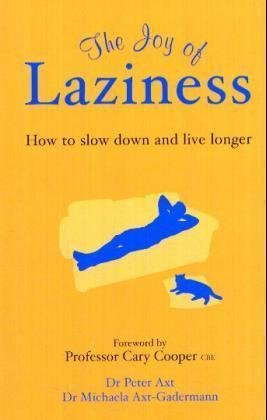For the first 100 pages, I was imagining I was Christian Grey. I immediately changed my mind after that and starting from around page 300, I found myself losing patience and skimming toward the end. If not without a few daily interruptions in the past week, I would have finished this worldwide bestseller in less than 3 days. And no, even though I already have them on my iPad, I don’t think I’m going to continue to parts 2 and 3.
Yes, I’m talking about the renowned Fifty Shades Trilogy that has recently taken the world by storm. The first part is Fifty Shades of Grey, followed by Fifty Shades Darker and Fifty Shades Freed as the grand finale. I first heard about it from the Today Show one morning, and recently encouraged by a friend to give it a go. I was eager to join the 40 million (and fastly growing) readers in finding out what the fuss is all about with this literary sensation that has swept past the Harry Porter series in terms of sales and popularity.
I’m positive that the essence of erotica lies in the imagination. Everyone got something different out of fictional characters, and there simply isn’t an absolute right or wrong of whether the novel works or not. At least, it saves you from a world of stress and headaches and transports you into a heaven of fantasies, 500 pages or so. With that, there is only one single story line which even an 8-year old would follow. Although this is not exactly the kind of reading material you would share with an 8-year old.
There was some suspense when the NDA (Non Disclosure Agreement) was out, and believe me I will never look at the NDA in the same way, at work, from now on. (Oh and don’t forget my “soft and hard limits”. I will surely use them in my next negotiation at work.) What is this dreamy, rich, handsome, charismatic, tasteful, young, hunky, “cocky”, self-made CEO with a heart to save the world from hunger is hiding from Anastasia? Well once you find out Fifty Shades of Grey is actually 50 Ways to Play, the hype is quickly over.
I believe the fascination lies on the unthinkable, or a side which not many of us have crossed. Like what some have mentioned, little did I know that I have been living such a vanilla life. I seriously think sales at hardware stores around town would surge, and I can certainly see product placements appearing in the rumored movie version of the trilogy. Yet that hype (and high) passes quickly as you read on, and soon you will be faced with 300 more pages of a highly repetitious story line of “should I?” and “should I not?” revelations.
Indeed. The book has 79 “Oh My…!”, 82 “Jeez…” and 101 “Crap!”. I thought Ana could only bite her lip and Christian cocks his head from side to side at all times. Because the attraction is almost purely sexual in nature, there isn’t any emotional element to draw me to the end, undisturbed. Yes I know you wouldn’t expect a literary masterpiece from erotica, but it certainly can be more varied and sophisticated in terms of the writing. I know the following 2 parts will continue to unveil the 50 shades of Mr. Grey in probably a psychological manner, sadly I don’t care anymore as the main characters look a bit silly and stupid to me.
If you ask me the writing has pretty much taken away the excitement, or kinkiness, away from the book. Nevertheless, the fact that the trilogy has captivated so many women around the world proves that there are so many of us who are dissatisfied with our sex lives, or to put it a bit mildly, way too vanilla. It certainly is a topic worth studying. I recently have the same sentiment when I witness the thousands of ecstatic women and men screaming at the 60 hunky, chiseled, 6-packed, jaw-dropping handsome, 6-feet-2 shirtless models staging outside the new Abercrombie & Fitch store in Central. Yes, we all need a piece of fantasy every now and then. And yes, sex always sells.















